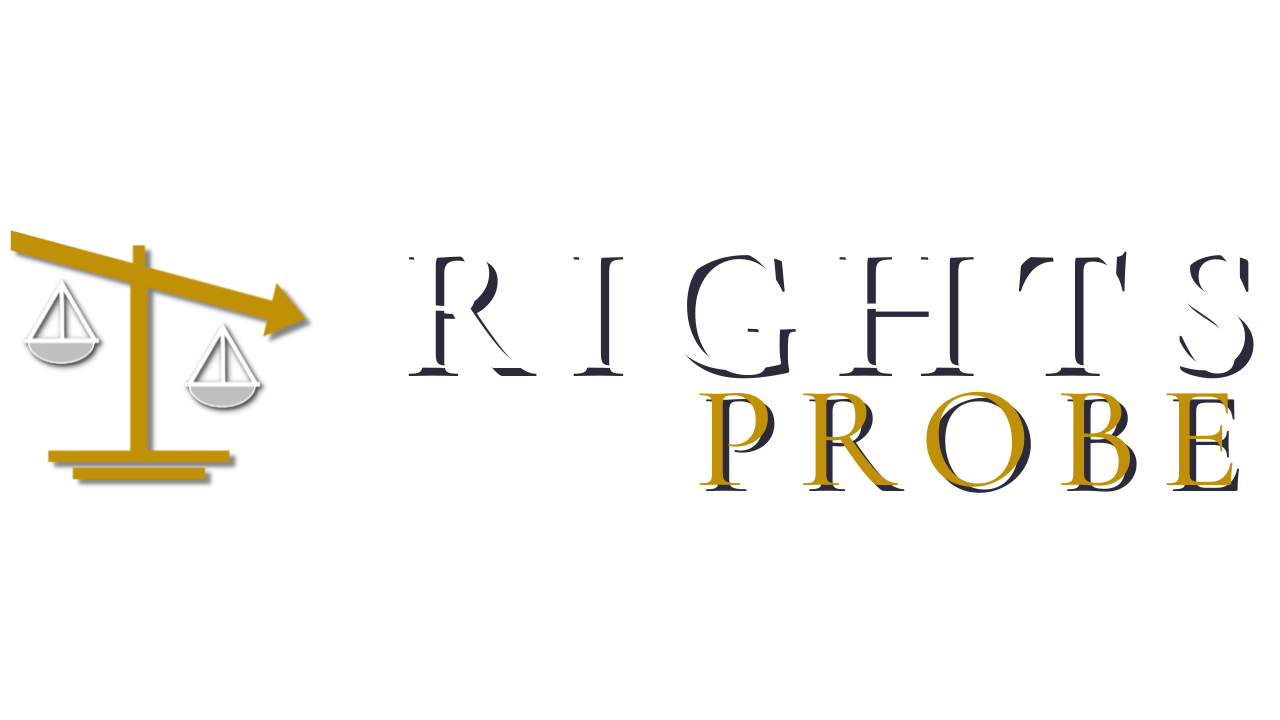Ford demands TMU's new med school educate qualified students 'regardless of their race'
By Chris Lambie | National Post
Summary
Premier Doug Ford is demanding Ontario’s newest medical school educate qualified individuals “regardless of their race or background,” amid backlash over the school’s plan to loosen academic qualifications and screen out prospective students by race or status.
Toronto Metropolitan University’s new medical school in Brampton has reserved three-quarters of its 94 spots to prioritize admissions for Black, Indigenous, and other "equity-deserving" groups, including those who are LGBTQ, disabled, poor, or "racialized." groups. Ford's office has intervened, emphasizing the need for qualified individuals to fill medical school seats in Ontario.
Dr. Dominick Shelton, the TMU med school's dean of admissions, defended the school's approach, highlighting the underrepresentation of certain groups in medicine and the need to bridge this gap. He has also addressed concerns about the school's decision to forgo the Medical College Admission Test (MCAT) and lower the GPA requirement, arguing that these changes are aimed at increasing access and that the school is committed to maintaining high standards.
In the U.S., the Supreme Court effectively halted race-conscious admissions last year by invalidating programs at Harvard and the University of North Carolina. Chief Justice John Roberts stated that universities have incorrectly prioritized skin color over challenges overcome, skills acquired, and lessons learned as the defining characteristic of an individual's identity, and that this approach is not supported by the country's constitutional history. However, Canada operates under a different legal framework, according to Professor Bruce Pardy, a law professor at Queen's University.
Pardy explained that in Canada, preferential admission policies are common because laws permit affirmative action and reverse discrimination. For instance, Ontario's human rights code allows for "special programs" that provide preferential treatment. While the Canadian Charter of Rights and Freedoms may not directly apply to university admissions (since universities are not government entities), it still supports such policies.
Pardy further clarified that discrimination occurs when race is a factor in decisions. He used the example of the NBA, where the proportion of white players does not reflect the percentage of white people in the population, yet no one claims racial discrimination.
Pardy criticized admission policies like TMU’s as unfair on multiple fronts: they disadvantage those excluded because of their race and also harm those who would qualify on their own merits. He argued that such policies unfairly label Black medical students as needing special treatment, even if they did not require it. When asked about the need for more Black and Indigenous doctors in Canada, Pardy emphasized the importance of having excellent doctors, regardless of their race.
Read the original, full-text version of this article at the publisher’s website here.
